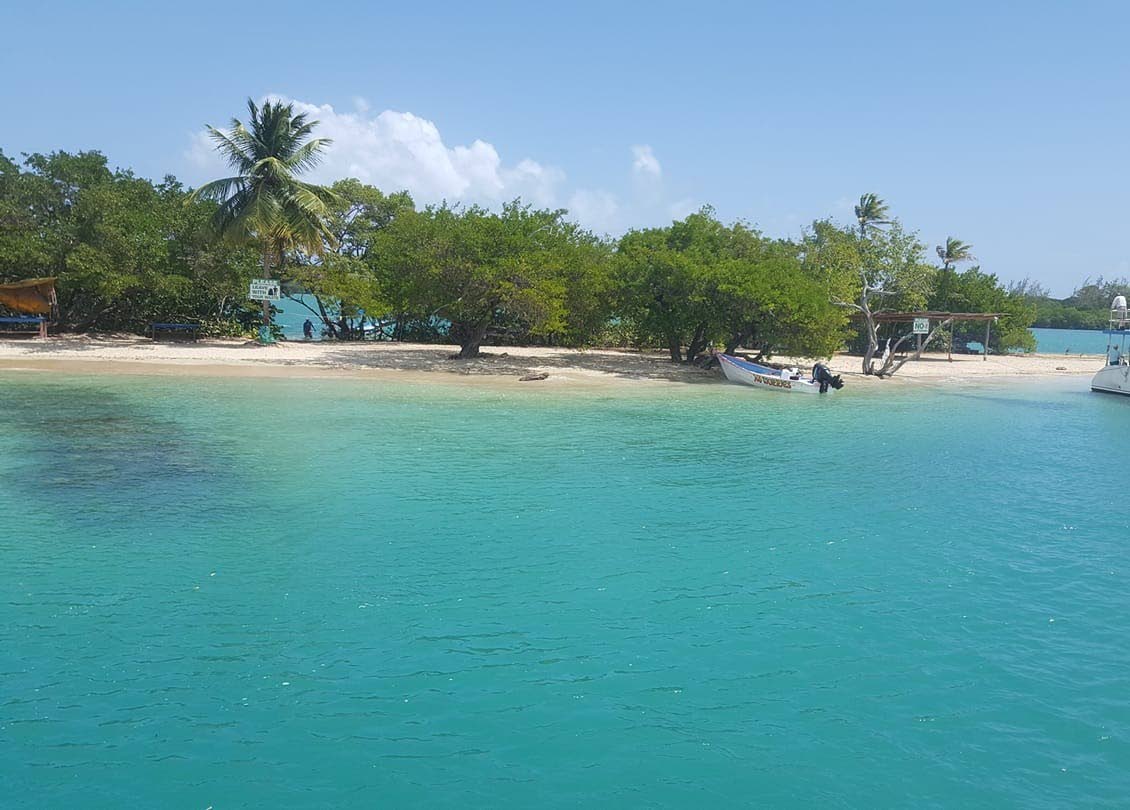The Buccoo Marine Park and No Man’s Land in Tobago face mounting environmental challenges, with a recent incident on October 5 underscoring the urgent need for stricter enforcement of ecological preservation measures. A party boat sank in the shallow waters off No Man’s Land, highlighting the fragility of this treasured ecosystem. This secluded area, accessible primarily by boat, is a Ramsar-listed Wetland of International Importance, renowned for its unique blend of freshwater and saltwater habitats. Since the 1990s, it has become a popular destination for glass-bottom boat tours, barbeques, and festivities. However, the delicate ecology of No Man’s Land is gradually degrading due to unchecked tourism and a lack of formal regulations. Currently, beach use is governed by an informal gentleman’s agreement among visitors, but recent violent incidents, including a stabbing in August 2024 and a bloody brawl in July, have shaken this sense of shared responsibility. Concerned for client safety, reef tour operators are increasingly omitting No Man’s Land from their itineraries. Unlike natural threats such as coral bleaching or lionfish invasions, the enforcement of a code of practice among tour operators falls within the Tobago House of Assembly’s (THA) jurisdiction. To preserve the sanctity of this peaceful location amidst Tobago’s growing tourism industry, collaboration among marine experts, tour operators, and visitors is essential. A sustainable approach, focused on conservation and mindful use of this fragile ecosystem, must be prioritized.
